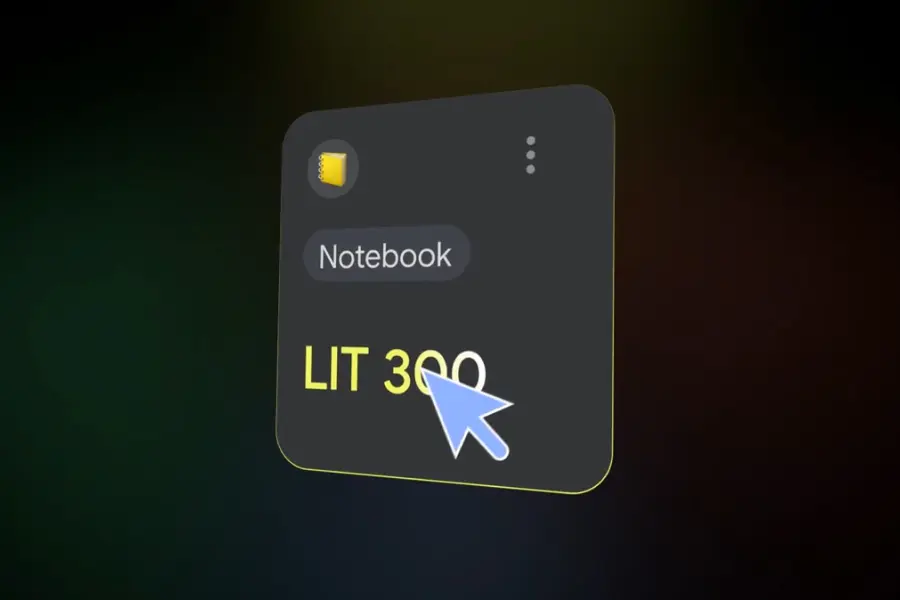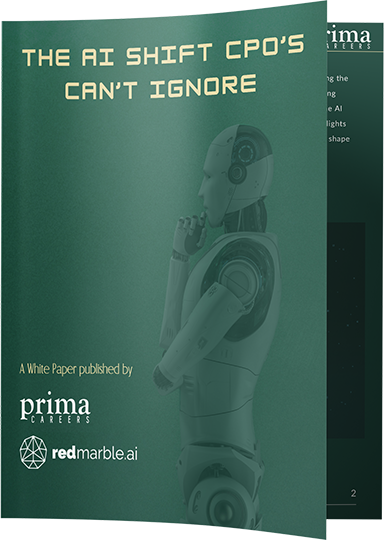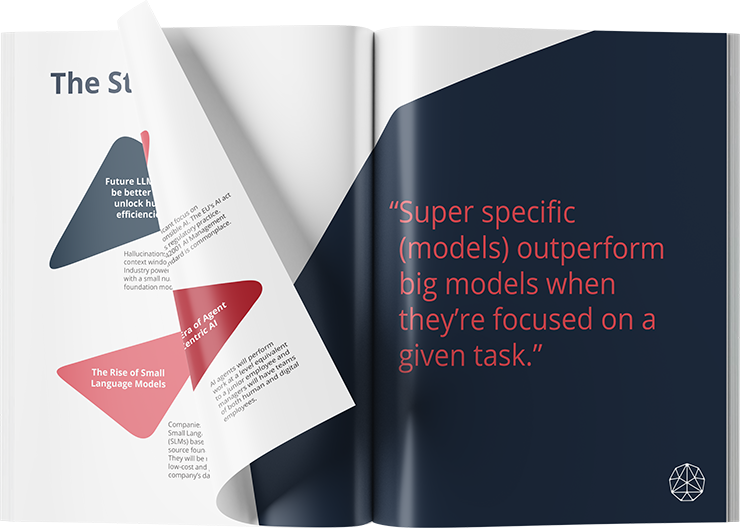Research Focus: GPT4all
Can you run GPT locally?
Overview
Our research team recently had the opportunity to investigate a new technology called GPT4all, which is a promising development in the field of language models. What sets GPT4all apart is its ability to be downloaded and run on your own computer. This means that you can use it offline, which is a great option for users who need to work without an internet connection.
Key Concepts
GPT4All is an open-source software ecosystem designed to enable individuals to train and utilise powerful and customised large language models on everyday hardware. It is optimised to run inference on CPUs of laptops, desktops, and servers, allowing for efficient deployment of language models with 7-13 billion parameters. The project is overseen by Nomic Al, ensuring quality, security, and maintainability of contributions to the ecosystem.
Deep Dive
The creators of GPT4all have developed the model by fine-tuning Meta’s Llama 7B with 1 million question-answer pairs. To clean the data, they used a software called Atlas, which is a large text-database visualisation tool. They claim to have removed all malformed data from the set but this seems unlikely as there is no mention of any manual data cleaning in the report.
Setup & Testing
The installation of GPT4All was straightforward, and the model, occupying around 4GB, ran without any issues. The initial prompt produced a coherent response within 15 seconds. However, further testing revealed limitations. When queried for factual information, the model provided inaccurate answers and demonstrated outdated knowledge. It became evident that the model had limitations in terms of its currency and factual reliability.
Additionally, the model displayed a tendency to generate hallucinatory and nonsensical responses, similar to earlier versions of OpenAl’s transformers. As more questions were asked, the model’s responses became increasingly bizarre and detached from reality. Overall, due to its unpredictable behaviour and watered-down nature compared to existing OpenAl models, the GPT4All model was deemed unsuitable for practical use.
Hitting The Limits
The limitations of the model must be taken into account. For example, the model is not up to date and cannot be trusted to always provide factual information. Additionally, the model tends to produce “hallucinations” and becomes confused with the tasks it is presented.
What’s Next?
The testing of GPT4All revealed several limitations and pitfalls that need to be taken into consideration before proceeding further. Its performance fell significantly short of the latest models from OpenAl, making it unsuitable for practical use. Additionally, the data extraction process employed by GPT4All raised concerns about its reliability and compliance with OpenAl’s terms of use.
Moving forward, it’s crucial to consider alternative avenues for language model development and exploration. Exploring advancements made by OpenAl and other organisations in the field of large language models will provide valuable insights and inspiration. We will keep a close watch on emerging research, developments in natural language processing, and potential policy changes regarding the usage of Al models.
Real talk: What’s the verdict?
Overall, while GPT4all has potential, it is not yet at a level where it can compete with the latest models from OpenAl. As the technology continues to develop, We are excited to see what new advancements will be made.












